John (Jack) Flynn was a very successful and long-serving TD for Kerry. A veteran of the War of Independence, he fought with the Sixth Battalion of the Kerry IRA and was involved in numerous engagements with the Crown forces, including an ambush just a stone’s throw from his home at Ballymacandy between Milltown and Castlemaine on 1 June 1921. During the Civil War, he took the anti-Treaty position and became politically involved, winning a seat on Kerry County Council in 1926. He was elected to the Dáil for Fianna Fáil in 1932 and developed a reputation as a diligent and hard-working deputy.

Despite a flourishing political career, ahead of the 1943 general election, Flynn was denied a nomination by Éamon de Valera and the Fianna Fáil leadership and was thrown out of the party.
Contemporary newspaper accounts do not record why but it was rumoured and alleged that Flynn, a bachelor, had been conducting a relationship with a young woman and that the couple had a child together. John O’Leary, later a Fianna Fáil TD for Kerry South recalls that the allegations – though never proven – reached the ears of De Valera who, it is claimed, was anxious to avoid any scandal. Flynn’s own supporters believed that the rumours were simply politically motivated and without foundation but they were enough to prevent Flynn receive an election nomination from his party.
Flynn managed to win his seat back five years later, in 1948, however, this time as an Independent candidate and with the support of Old IRA colleagues like his neighbour, Dan Mulvihill. John O’Leary noted that he also achieved the support of many in sporting circles including figures like Gerald Teahan from Keel who came on as a substitute for Kerry in the Polo Grounds in the 1947 All-Ireland and Dee O’Connor from Lawlor’s Cross near Killarney, a four-time All-Ireland winner. Flynn retained his seat in 1951 as an Independent and, after an apparent rapprochement, was readmitted to Fianna Fáil.
However, that wasn’t the end of the matter. During a Dáil debate on 31 January 1952, Flynn’s alleged misdemeanours became the focus of attention by a political opponent. When forthcoming legislation on adoption was referred to, the Laois-Offaly TD and conservative firebrand, Oliver J Flanagan suggested that Deputy Flynn would be ‘more qualified’ to comment on the matter. Flynn was not in the Dáil chamber at the time but was clearly informed about what had been said.
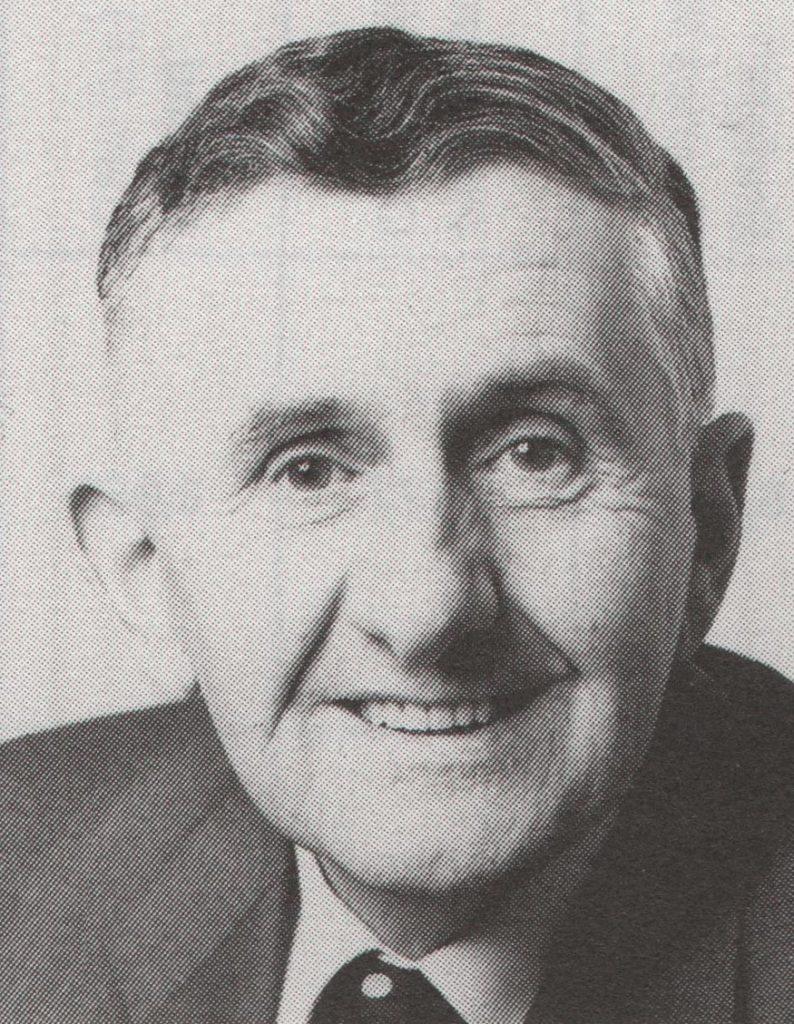
As Flanagan dined in the busy Dáil restaurant later that evening, he was approached by Flynn and challenged about his remarks. Flynn then caught hold of Flanagan, ‘turned him round, used a very offensive and obnoxious expression and struck him violently in the mouth.’
The matter was investigated by the Dáil’s Committee on Procedure and Privileges. The committee ruled that the use of violence in the precincts of Leinster House was ‘reprehensible in the extreme’ adding that ‘Deputy J. Flynn was guilty of contempt in taking, as it were, the law into his own hands in redress of a grievance properly a matter for the House itself.’
Despite the controversy, Jack Flynn retained his seat for Fianna Fáil at the general election of 1954 but he was dramatically unseated in 1957 when Sinn Féin won its first and only ever Dáil seat in Kerry South courtesy of John Joe Rice from Kenmare. Flynn died in Dublin on 22 August 1968.
For more see: A Century of Politics in the Kingdom: A County Kerry Compendium – Owen O’Shea

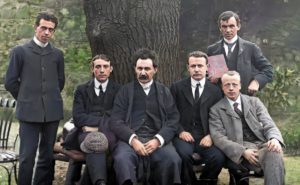

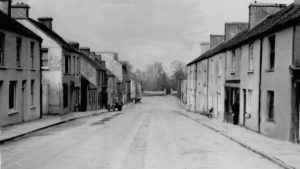
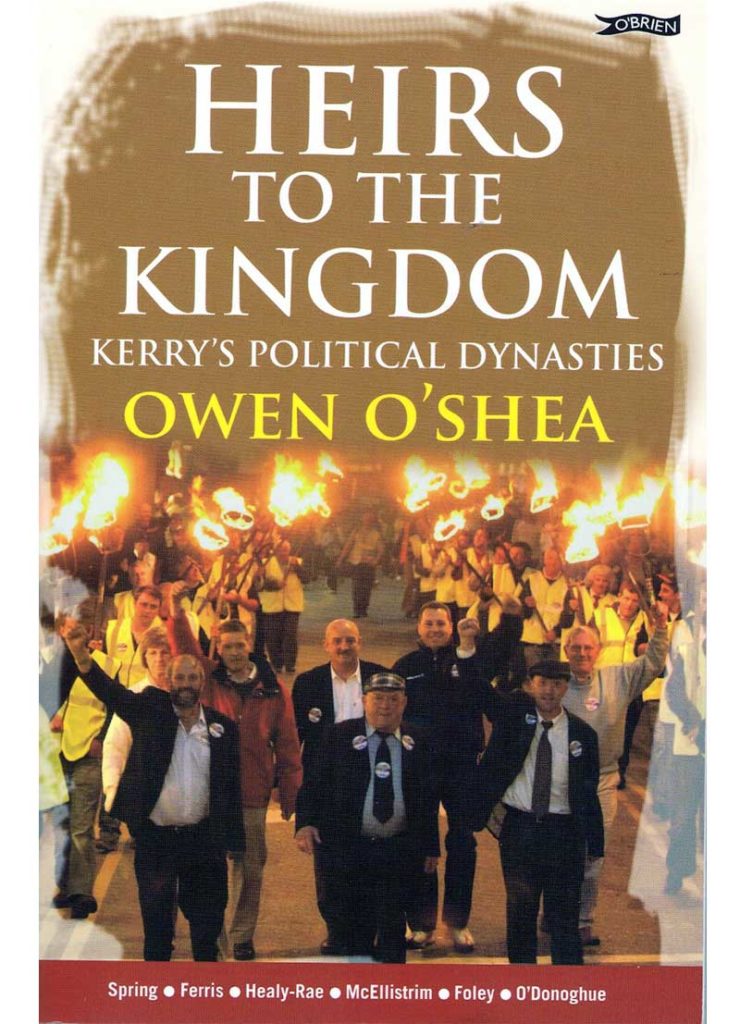
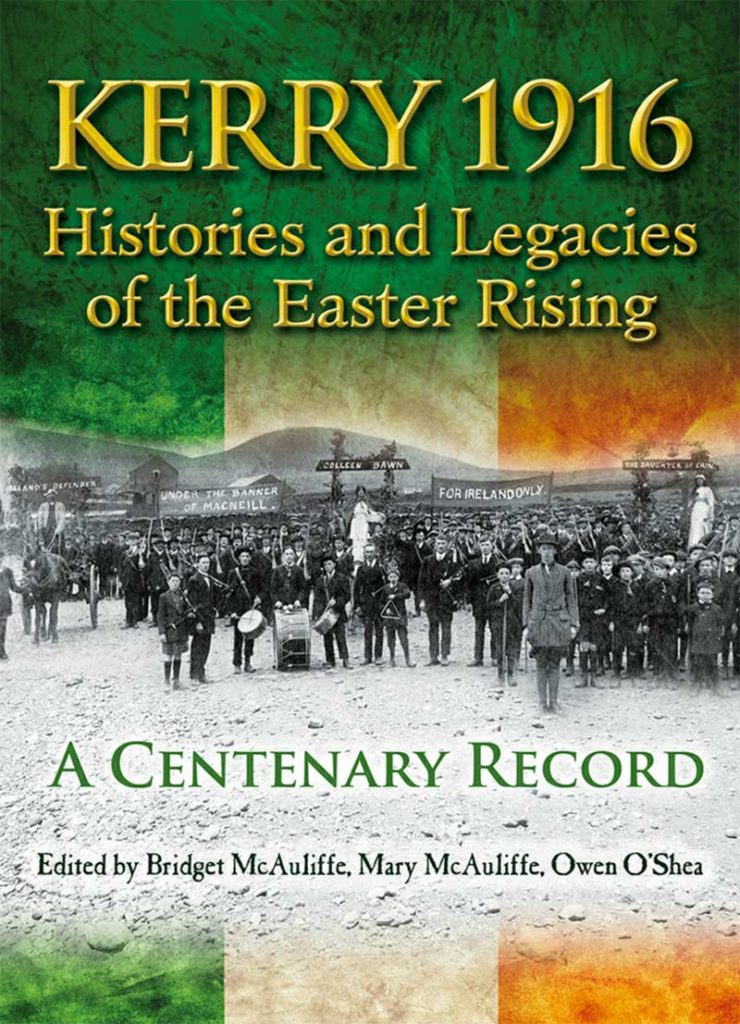
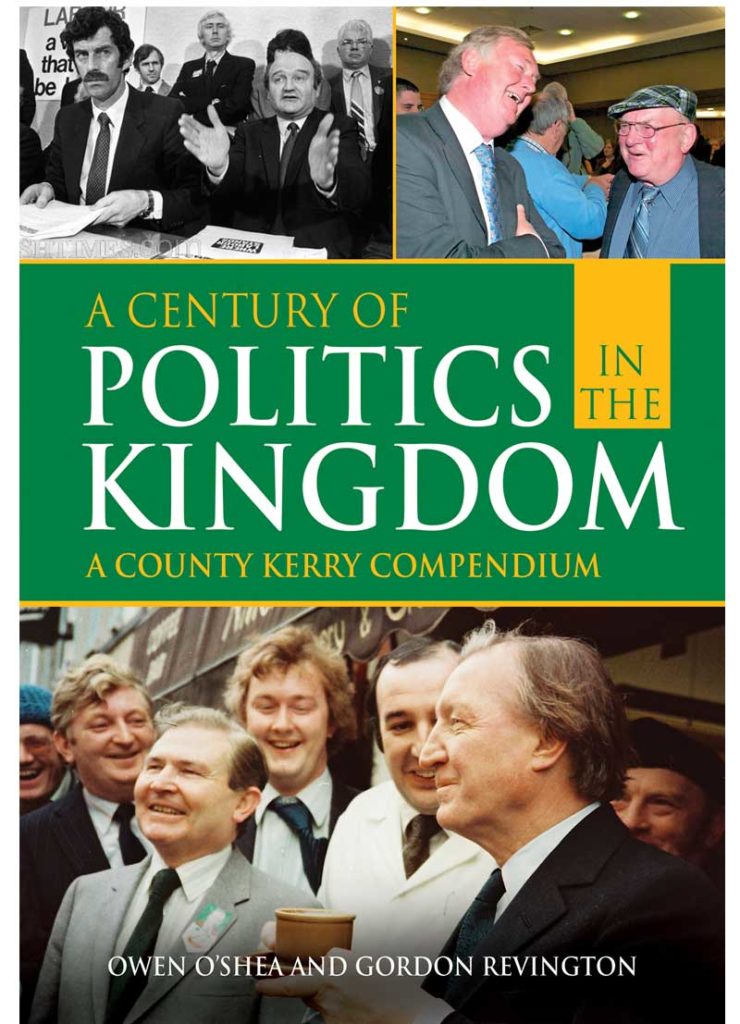
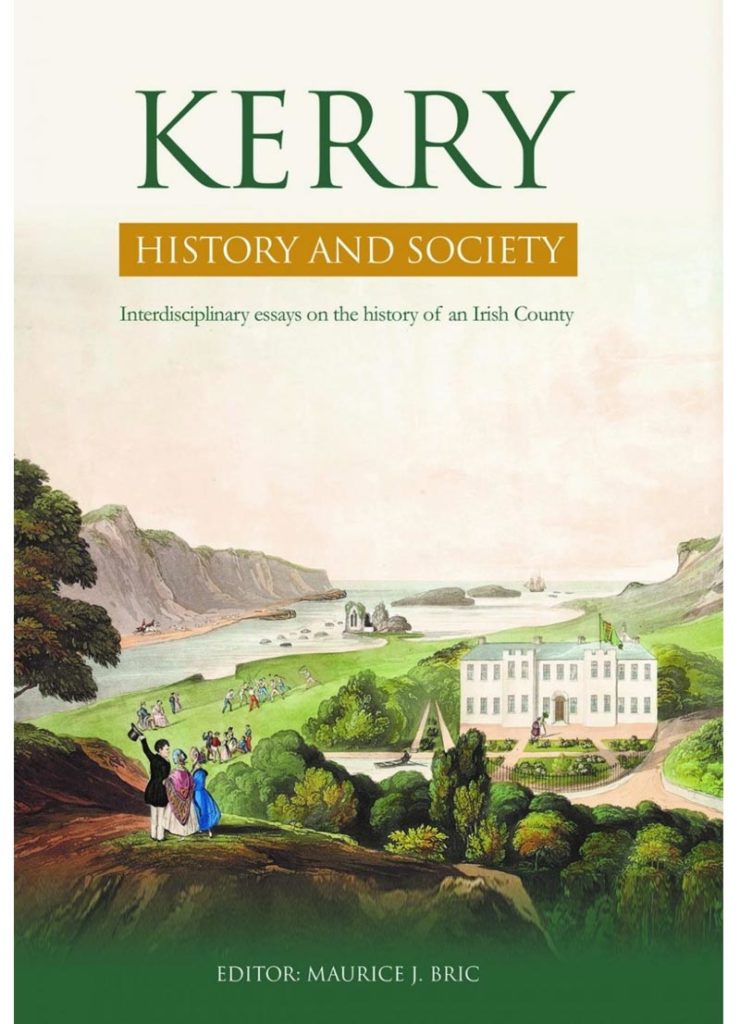
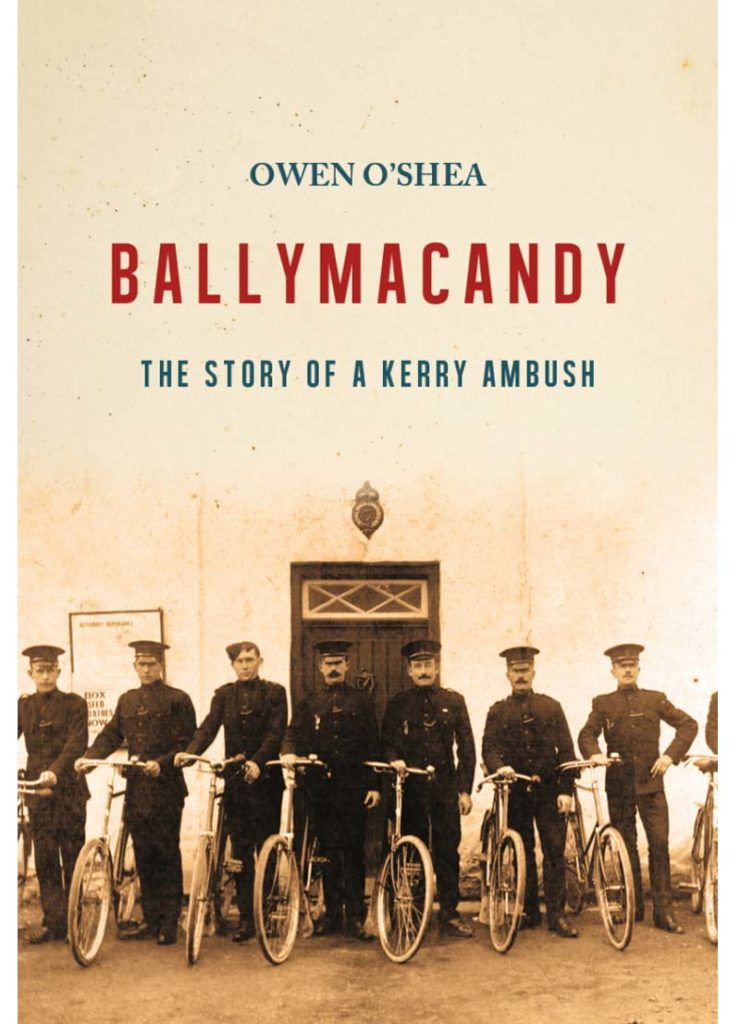
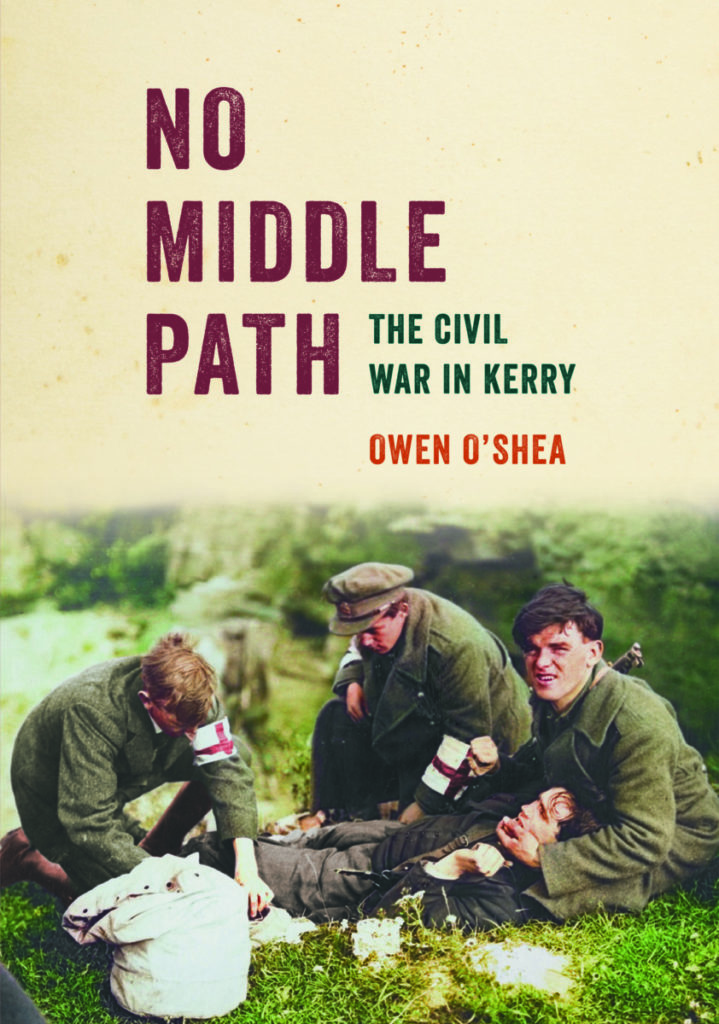
Great piece, Owen.
Looking forward to the book.